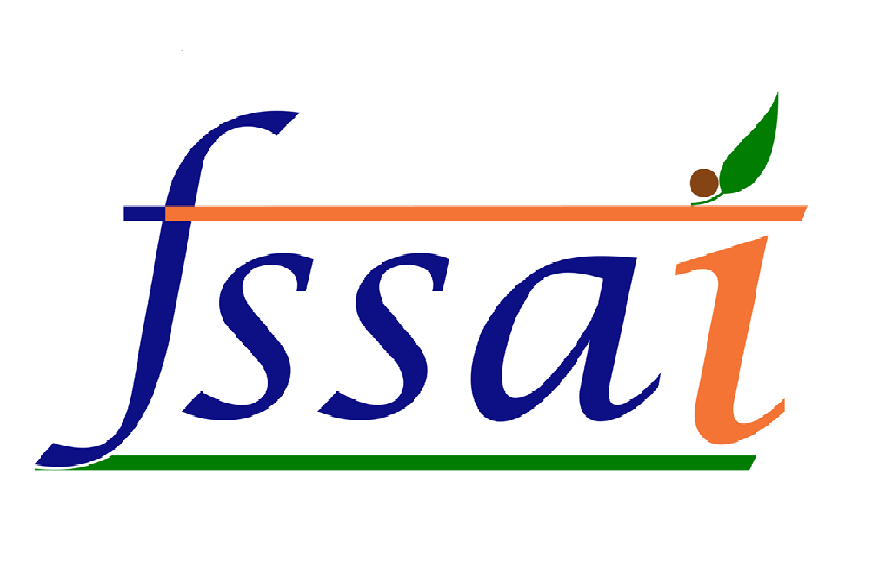What is FSSAI Act?
Basic Introduction to FSSAI Act, 2006
The Food Safety and Standards Act 2006 is an act made for consolidating the laws relating to food for establishing the Food Safety and Standards Authority of India. It lays down science based standards guidelines for consumer safety, protection of consumer health and regulation of the food sector by controlling the manufacture, storage, distribution, sale and import, which would ensure availability of safe food for human consumption.
Overview of FSSAI
Food Safety and Standards Authority of India (FSSAI) is an autonomous body which is established under the Ministry of Health and Family Welfare by the Government of India. The genesis of FSSAI was from the Food Safety and Standards Act, 2006 which is a consolidating statute related to food safety and regulation in India. With regulation and supervision of food safety, the FSSAI holds responsibility in protecting and promoting the public health.
The FSSAI License has its headquarters at New Delhi with 6 regional offices situated in Delhi, Guwahati, Mumbai, Kolkata, Cochin and Chennai.
FSSAI License
FSSAI License or Food License or Food Registration connotes the same meaning. FSSAI Registration is mandatory for anybody who intends to function as a food business operator. Any individual or entity that is engaged in the food business in whatsoever formats, be it manufacturers, producer, importer, exporter, procurement, storage, distribution and sale are compulsorily required to obtain the FSSAI License.
Research and Quality Assurance:
Research
The FSSAI License has set certain standards and guidelines for food safety research. The Research and Development department is responsible for conducting research with the following objectives:
- Generate intricate knowledge that would help to constantly update and upgrade food safety standards.
- Carry out evidence based studies for improving or building policies.
Quality Assurance
FSSAI License has been mandated to carry out various functions related to quality and standards of food which includes laying down procedure and guidelines for notification of the accredited laboratories.
Compliance Steps in the FSSAI Act:
This act tries to establish a single reference point for all matters regarding food safety and its standards by moving from a multilevel, multi-department control to a single line in command. Once a food business registers under the FSSAI Act, 2006, it has to obtain license from the FSSAI.
Following are some of the key points food companies needs to fulfill during the time of registration:
- Basic Entity Registration: The food business operator should be a registered company that holds a separate PAN, VAT registration/ service tax registration.
- Food License: It is mandatory for a food company or new entrant to obtain a food license from the FSSAI.
- Search for the category of license: Since food license is location specific, the type of license required would vary as per the nature of the activity and the area of the location.
- Expedite Processing: Once the application is filed in the prescribed format along with the requisite documents, it would take approximately 15-20 days to receive the license.
- The condition of the license: Food license being issued on certain conditions, all food business operators would require to abide, adhere and fulfill the conditions within the given time period.
- Labeling Requirement: Logo and license needs to be displayed on the product package and should be in contrast to the background colour of the product package as per the labeling regulation.
Every food business operator needs to obtain a food license which acts as a permission granted by the FSSAI to carry on the food business.

